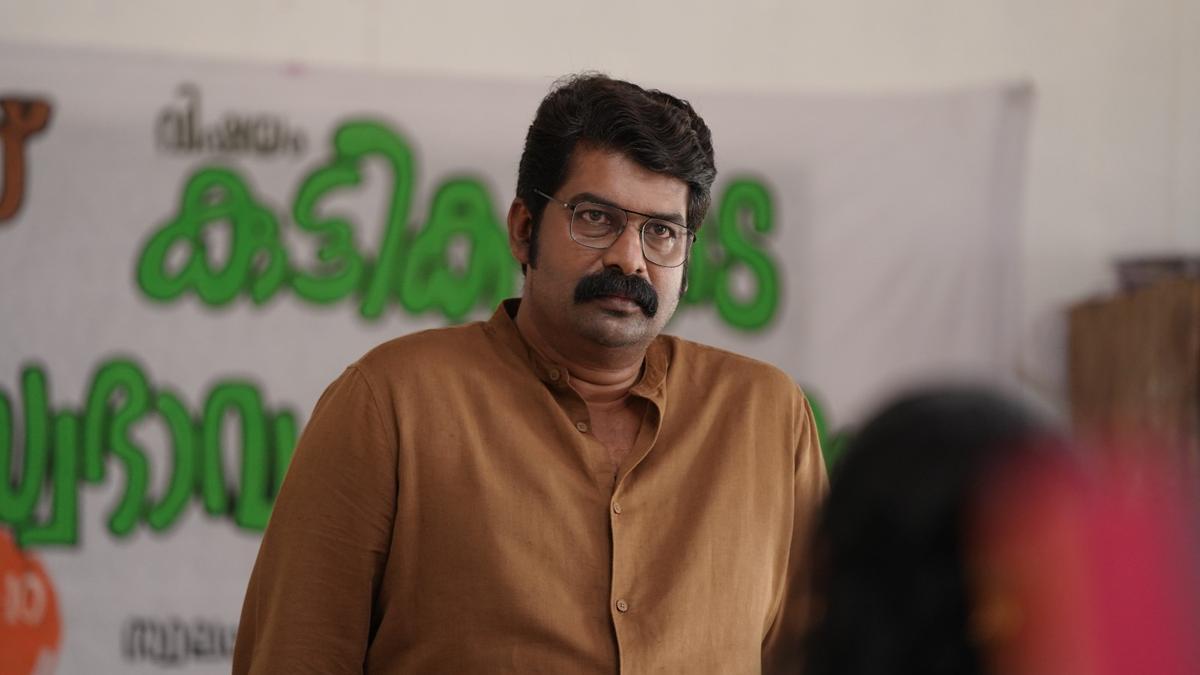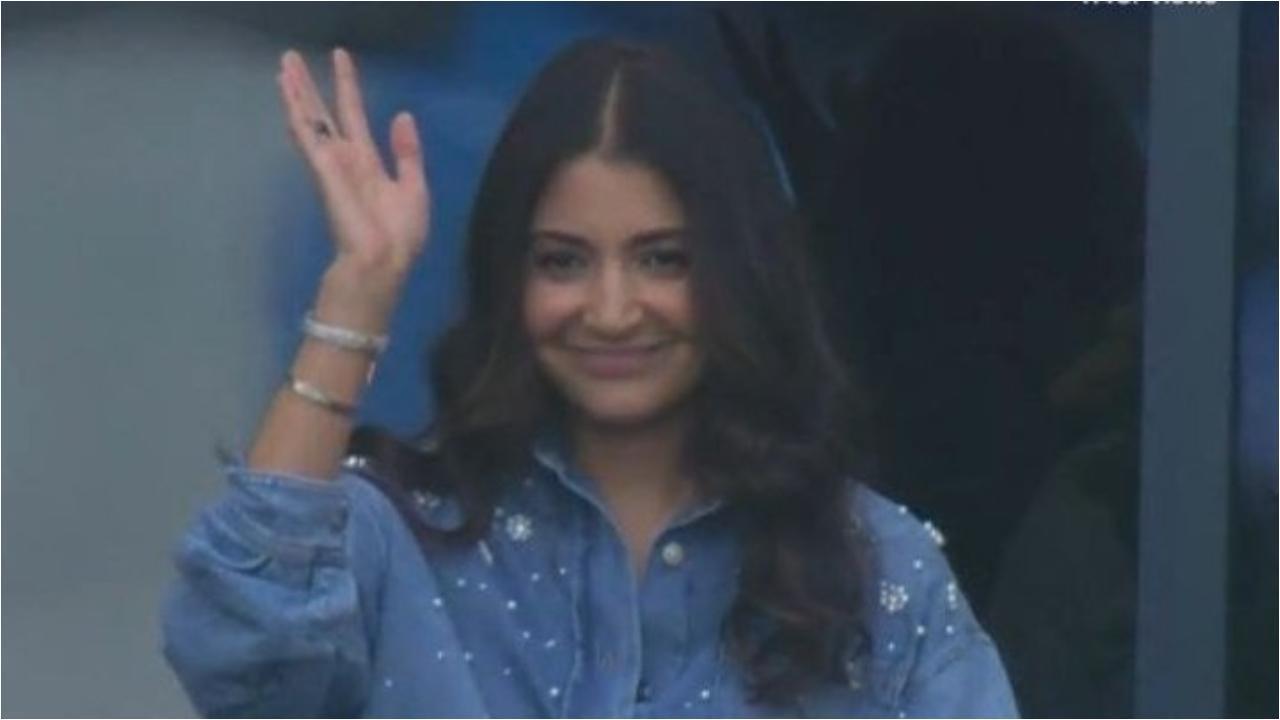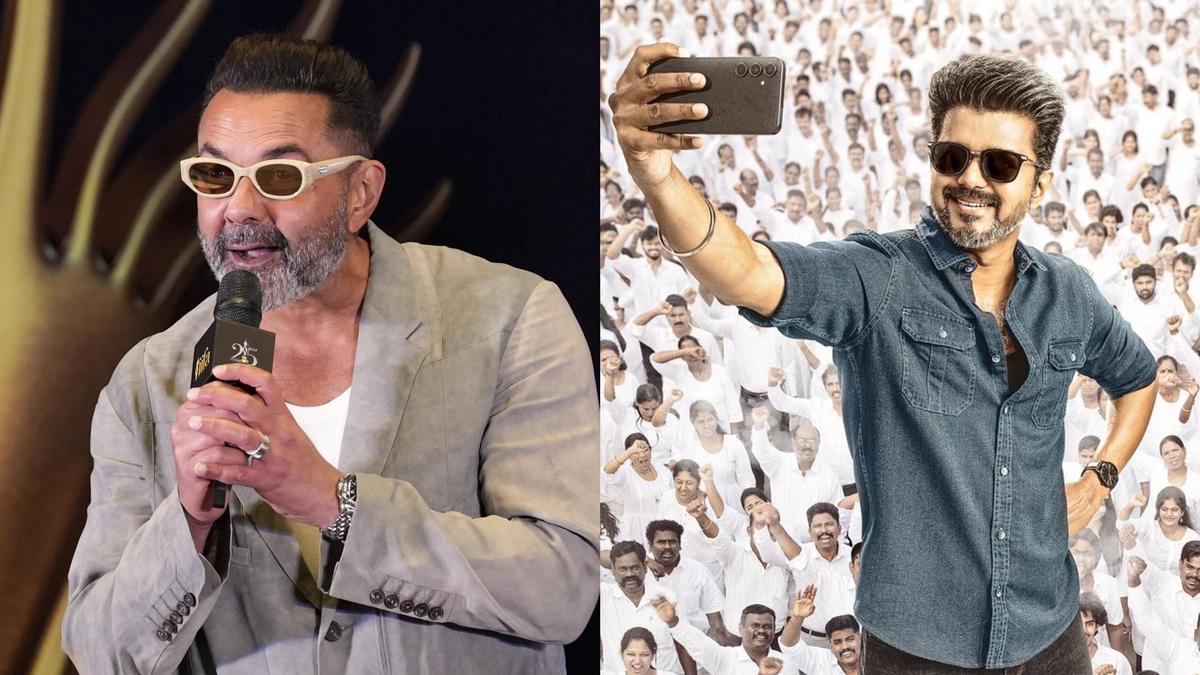
In a dramatic unfolding within the Malayalam film industry, esteemed actor and filmmaker Joju George finds himself embroiled in a significant controversy surrounding his directorial debut, ‘Pani.’ The uproar began when George allegedly made a phone call to Adarsh H.S., a research scholar who had posted a critical review of ‘Pani.’ Adarsh publicly accused George of making threats during the call, a claim that has sparked a flurry of discussions and mixed reactions within the film community and among the general public.
Adarsh H.S., known for his critical insights, did not hold back in his review of ‘Pani,’ specifically targeting its depiction of sensitive themes. He raised serious questions about the portrayal of women and the depiction of sexual assault within the film. “When rape is portrayed in a movie, it should evoke empathy and understanding towards the victim,” Adarsh wrote. He further criticized that ‘Pani’ handled these elements akin to the outdated, exploitative styles of B-grade cinema, thus objectifying its female characters.
These comments set the stage for a tense interaction as Joju George, disrupted by the critique, decided to confront the reviewer directly through a phone conversation, which was subsequently leaked online. In this conversation, George was reportedly heard interrogating Adarsh’s motives and even challenged him to discuss the matter face-to-face. Such assertive discourse has led Adarsh to remark that George might be risking his hard-earned respect by confronting critics so directly.
In a reactive measure on the night of November 1, 2024, Joju George took to his social media platform, appearing live to address the growing tensions. During the broadcast, he justified his actions as a defense against what he believed was a targeted campaign to sabotage his film.
. George explained that his primary reason for contacting Adarsh was due to the latter’s disclosure of critical plot points and encouraging audiences to avoid the film entirely. “I have never called anyone over negative reviews before because I value freedom of expression,” George asserted. “However, I felt this instance was an exception, warranting a direct response and consideration of legal action.”
The controversy places a spotlight on broader discussions about cinema criticism and the responsibilities held by both filmmakers and reviewers. It also underscores the challenges faced by artists when confronting critiques that go beyond artistic analysis to potentially affecting box office performance.
The incident has polarized fans and colleagues, with opinions varying across the spectrum. Some supporters of Joju George argue that his reaction was understandable under the circumstances, given the potentially damaging nature of the critique. They assert that constructive criticism should not sabotage an individual’s professional work. Meanwhile, others view this as an overstep by the actor, arguing that reviews and critiques are integral to the cultural discourse surrounding movies, irrespective of whether they are favorable or unfavorable.
Beyond the immediate dispute, this scenario also serves as a reminder of the evolving landscape of film criticism in the digital era, where reviews circulate rapidly and have the power to influence public perception and box office outcomes.
As the situation develops, many are watching closely to see whether legal proceedings, as indicated by George, will take place and how this might reshape dialogues around freedom of speech and artistic responsibility. Until then, the controversy surrounding ‘Pani’ continues to provoke discussions about the delicate balance between artistic expression, criticism, and the personal feelings of those who create the art.
The ongoing saga between Joju George and Adarsh H.S. promises to be an instructive episode for both the film industry and its audience, illustrating the intricate dynamics between creators and critics in this digital age. As these dynamics play out publicly, they invite broader reflections on the responsibilities and expectations inherent in creative and critical pursuits alike.










